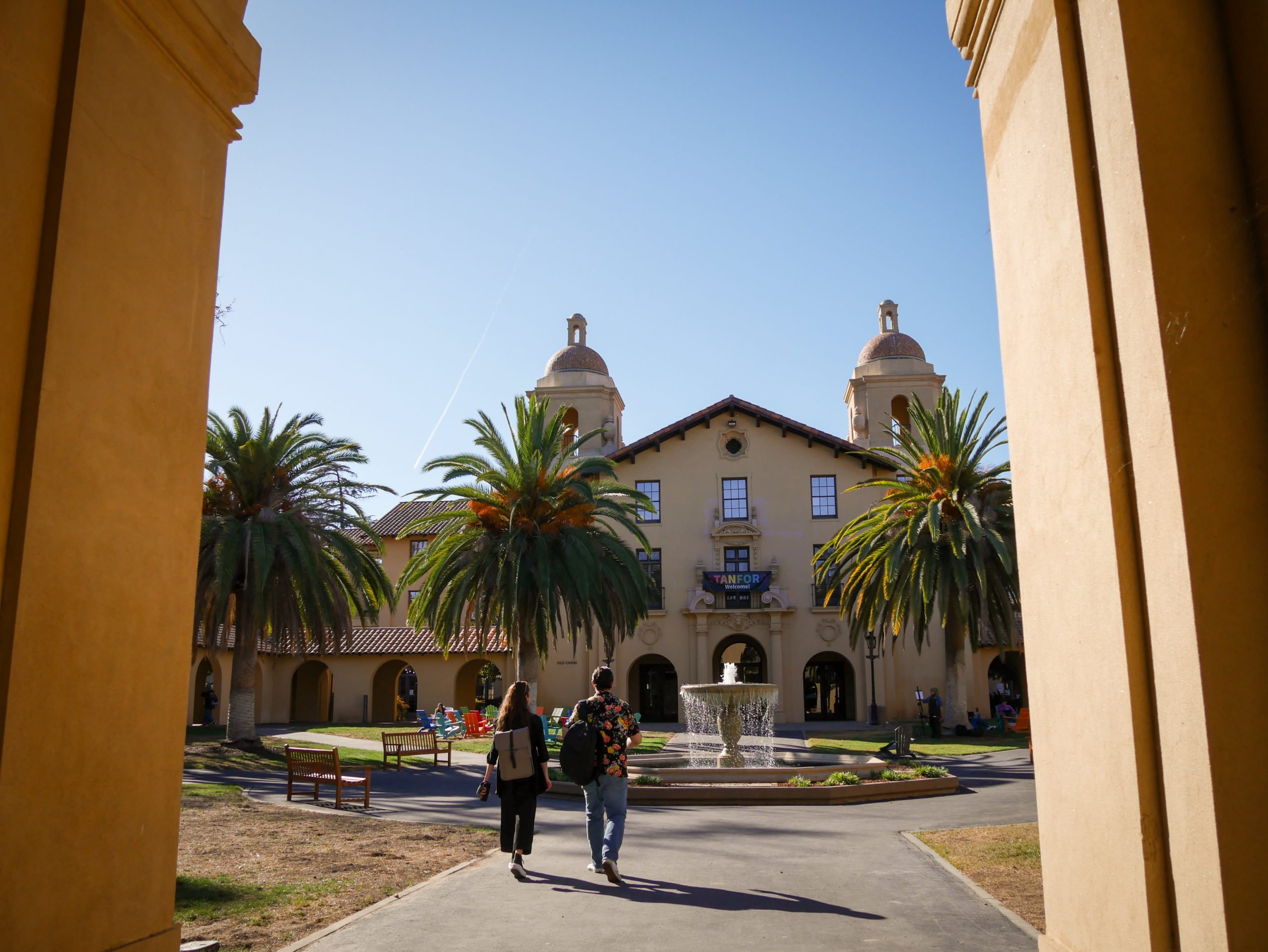The Stanford Graduate Workers Union (SGWU) has filed an election petition with the National Labor Relations Board, according to SGWU organizers. The move comes in the aftermath of an announcement from Stanford President Marc Tessier-Lavigne and Provost Persis Drell in an email sent to students on Wednesday that the University did not agree with the request to voluntarily recognize the union.
“We will continue working to understand, appreciate and be responsive to the needs of our graduate students so that we may foster their well-being throughout their time at Stanford,” they wrote. The email also included a link to additional information about the union election process.
Efforts to unionize graduate workers have been in effect since April 3, with graduate students rallying a card-signing campaign. More than 3,600 graduate student-workers signed authorization cards, which the SGWU used as a petition for voluntary recognition.
“We hoped that the University would respect the intentions of the majority of graduate workers to unionize and recognize the union for that reason. We will proceed as quickly as possible with that election to allow workers to use their voices and call for change.” Em Horst, an SGWU organizer and fifth-year Ph.D. student in Chemistry said.
In the email sent to students on Wednesday, Tessier-Lavigne and Drell argued that a “secret-ballot election” is crucial to “democratic decision-making” and would constitute “the most inclusive, fair and secure method by which to determine whether a majority of eligible graduate students wish to be represented by a union.”
According to organizers, establishing the union could not only allow for greater advocacy in working conditions for graduate workers-students but could also create more opportunities for changes in affordability, harassment and discrimination, academic honesty and protections for international workers.
Hannah Johnston, another GWSU organizer and third-year Ph.D. candidate in History, cited changes in housing affordability and working conditions as two of the issues she’s most excited about negotiating. She has previously worked as a graduate instructor and teaching assistant. However, she said Stanford’s pay does not match up to the cost of living in the Bay Area.
“I live on campus and Stanford is my landlord. I’m excited at the idea of being able to live a more dignified life,” she said. “What I’m looking forward to is a stronger campus community where people have their needs met and are treated with care and dignity.”
If the union is formed through the election, organizers will survey the graduate working population to see what type of issues to prioritize in a union contract. Then, they will present their findings to the University and negotiate on those issues.
“At the end of the day, we want a union precisely to secure a voice in our working place. We believe that having this formal structure to represent graduate students is the most effective way of making changes,” Horst said.
Johnston added that the union will not only impact the graduate worker-student population, but its effects will extend to the undergraduate population as well. Various organizations, such as the Students for Workers’ Rights, have already shown their support for the union through social media channels and presence at events.
“Many, if not most, of the candidates in the ASSU election spoke out in support of the union. I run the [union’s] Instagram page and it was very heartwarming to see all these posts come up,” Johnston said.
Although the timeline of the election is unclear because of the bureautic processes preceding it, organizers said the SGWU hopes to have an expedited election within the coming weeks. SGWU organizer and fourth-year graduate worker-student in Iberian and Latin American culture Tania Flores said the process is an exciting time for graduate worker-students.
“The process of securing a union contract will benefit us and change our lives materially in so many different ways. We’re thrilled that graduate workers across the University are so supportive,” she said. “It’s a really, really exciting moment to be at Stanford and to see graduate workers transforming this institution in ways that are long overdue.”
